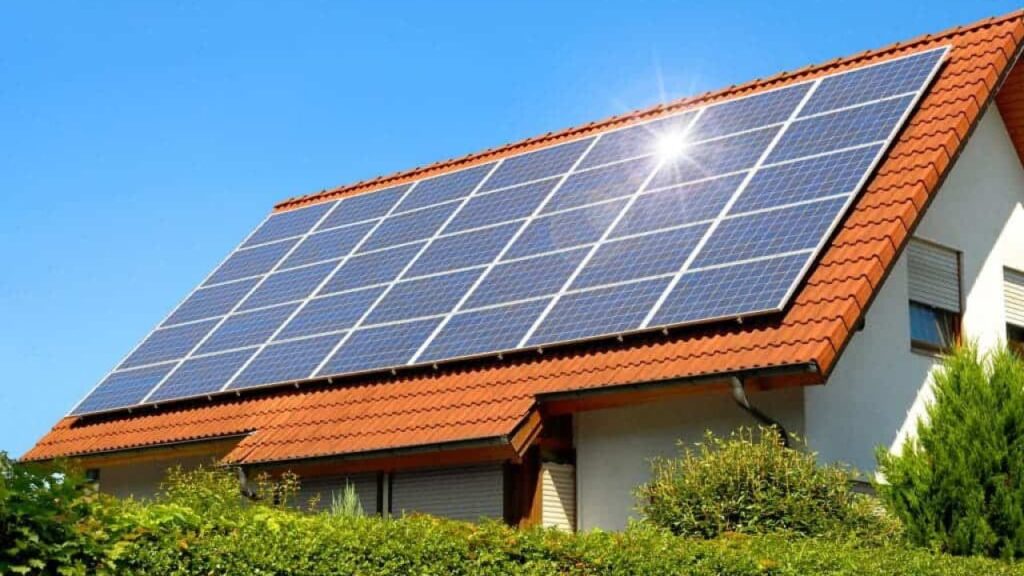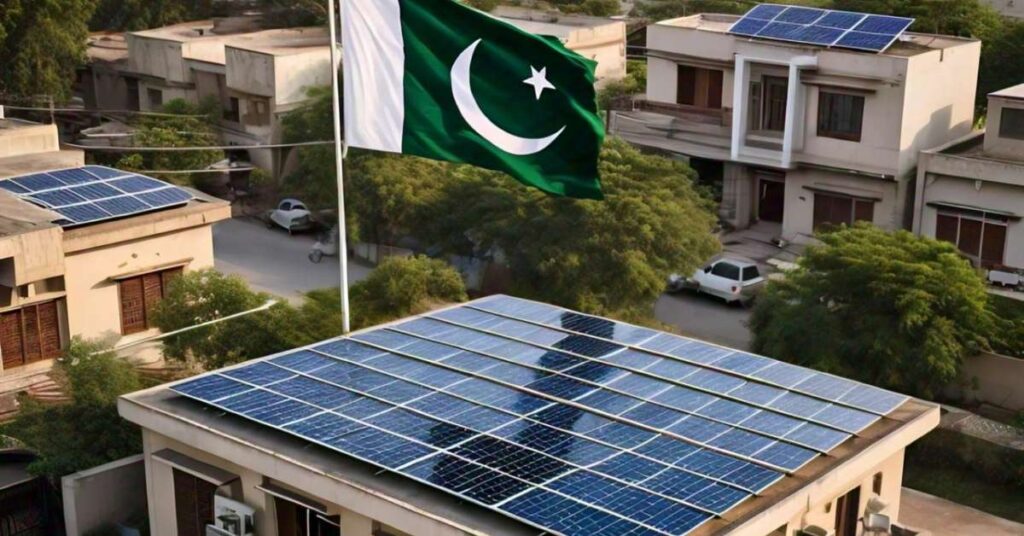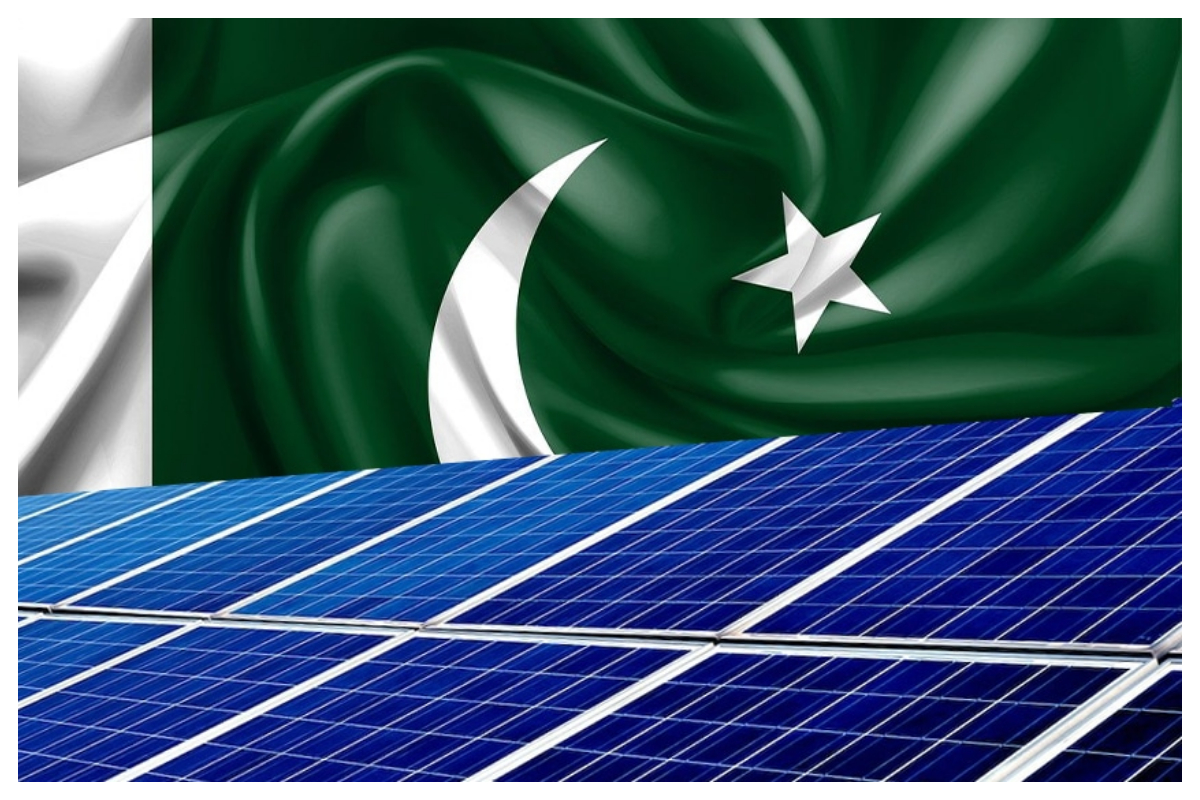Govt Updates Changes In solar Power IMF Policy 2024
In recent discussions with the International Monetary Fund (IMF), the Pakistani government revealed plans to move away from its current solar power policy. This Govt Updates Changes In solar update comes amidst ongoing talks for a potential $15.4 billion deal to restructure Pakistan’s energy debt with China.
Govt Updates Changes In solar Power Policy
ISLAMABAD: The Power Division’s officials Tuesday told visiting International Monetary Fund (IMF) mission about Changes In solar Power Policy and that power consumers pay Rs800 billion to government per annum through taxation on electricity bills causing Rs8 per unit hike in the bills.
However, we cannot allow the complete removal of taxation on electricity bills. We should reduce it by Rs100-200 billion per annum, as this would help reduce consumer costs by Rs1-2 per unit. The tax authorities should increase tax net at the maximum by roping in retailers, real estate and agriculture sectors.
Govt Updates Changes In solar to introduce gross metering instead of net metering system
The Federal Bureau of Revenue (FBR) cannot erode the 17% General Sales Tax (GST), and this only brings in Rs600 billion in government revenue from electricity bills. We can eliminate other taxes of Rs100-200 billion from electricity bills.
The top management of Power Division has also sensitized Prime Minister Shahbaz Sharif about massive taxation on electric power Changes In solar Power Policy consumers and its impact on tariff.
“Right now country’s power sector is no longer sustainable, reliable and affordable, and we have to think over every option to make sure electricity at affordable”, official sources told The News.

Buy back tariff from consumers to reduced to Rs7.5-11 per unit
A power consumer pays Electricity Duty (ED), a provincial duty, levied to all consumers ranging from 1.0% to 1.5% of Variable Charges. He also pays 17% of electricity bill as GST imposed on all consumers under Sales Tax Act 1990. Domestic consumers pay Rs35, while commercial consumers pay Rs60 as PTV licence fee in their electricity bills.
All consumers without a Sales Tax Return Number (STRN), except for domestic, agriculture, bulk consumers, and street light connections, are subject to an additional 3% tax.”
Commercial consumers also face a 5% Sales Tax on bills up to Rs20,000 and 7.5% tax on bills exceeding Rs20,000.
People using solar panels to be provided electricity at Rs60 per unit
The consumer pays financing cost surcharge of Rs0.43 per kWh. It applies to all consumer categories except lifeline domestic consumers. The government is charging extra tax at 5% to 17% on different bill amount slabs to industrial and commercial consumers who are not registered in the FBR’s active taxpayer list.
Income Tax varies depending on the applicable tariff and electricity bill amount. However, the authorities are working on restructuring with focus on ensuring maximum efficiencies. They will also reduce tariff through efficiency gains. We will convert power plants from imported coal to Thar coal.
The Government has updated the IMF about changes in solar power policy. The country’s national grid is currently providing service to rooftop solar consumers by covering the cost of storing electricity through batteries, which has a significant impact on the system. If the consumer has roof solar system detached from the national grid, he would have to install huge batteries to store solar energy for consumption during night time. Per unit cost he would brave will stand at 20 cents or Rs60.

Changes in solar power policy
Pakistan currently uses a net metering system Changes In solar Power Policy for rooftop solar panels. This system allows domestic consumers who generate their own solar power to offset the electricity they use from the national grid. Essentially, homeowners with solar panels receive credits for the excess energy they produce and feed back into the grid.
Pakistani authorities propose a new policy to transition to a gross metering system. Under gross metering, all the electricity generated by rooftop solar panels would be fed directly into the national grid. While consumers might receive some compensation for the power they contribute, it wouldn’t necessarily offset their entire grid consumption, making solar power potentially less financially attractive.

Changes in solar power
The government will reduce the buy-back tariff from solar consumers. To Rs7.5-11 per unit, reflecting the massive decline in solar panel prices. Electricity would be provided to them from national grid at Rs60 per unit during night time or peak hours.
The gross metering system compensates a consumer at a fixed feed-in-tariff for total units of solar energy. They generate and export to the grid, as measured by a unidirectional gross meter. One must pay retail supply tariff to the power distribution company for power consumed from the grid. Total solar generation is measured by bi-directional meter, while total power import by unidirectional meter.
Reasons for the Shift (Speculated)
The exact reasons behind this Govt Updates Changes In solar haven’t been officially disclosed by the government. However, experts suggest it could be linked to:
- Reducing strain on the national grid: Unaccounted for excess solar power feeding back into the grid can create management challenges.
- Financial considerations: The government might be looking to reduce subsidy costs associated with net metering.
Potential Impact:
This shift in policy has drawn mixed reactions. Here’s a breakdown of the potential impact:
- Discouraging domestic solar adoption: The financial benefits of rooftop solar might be reduced, discouraging people from investing in solar panels.
- Slower growth of renewable energy: A decline in domestic solar adoption could slow down Pakistan’s progress towards renewable energy goals.
- Increased reliance on the national grid: Consumers might become more reliant on grid-supplied electricity, which can be expensive and unreliable in some areas.





